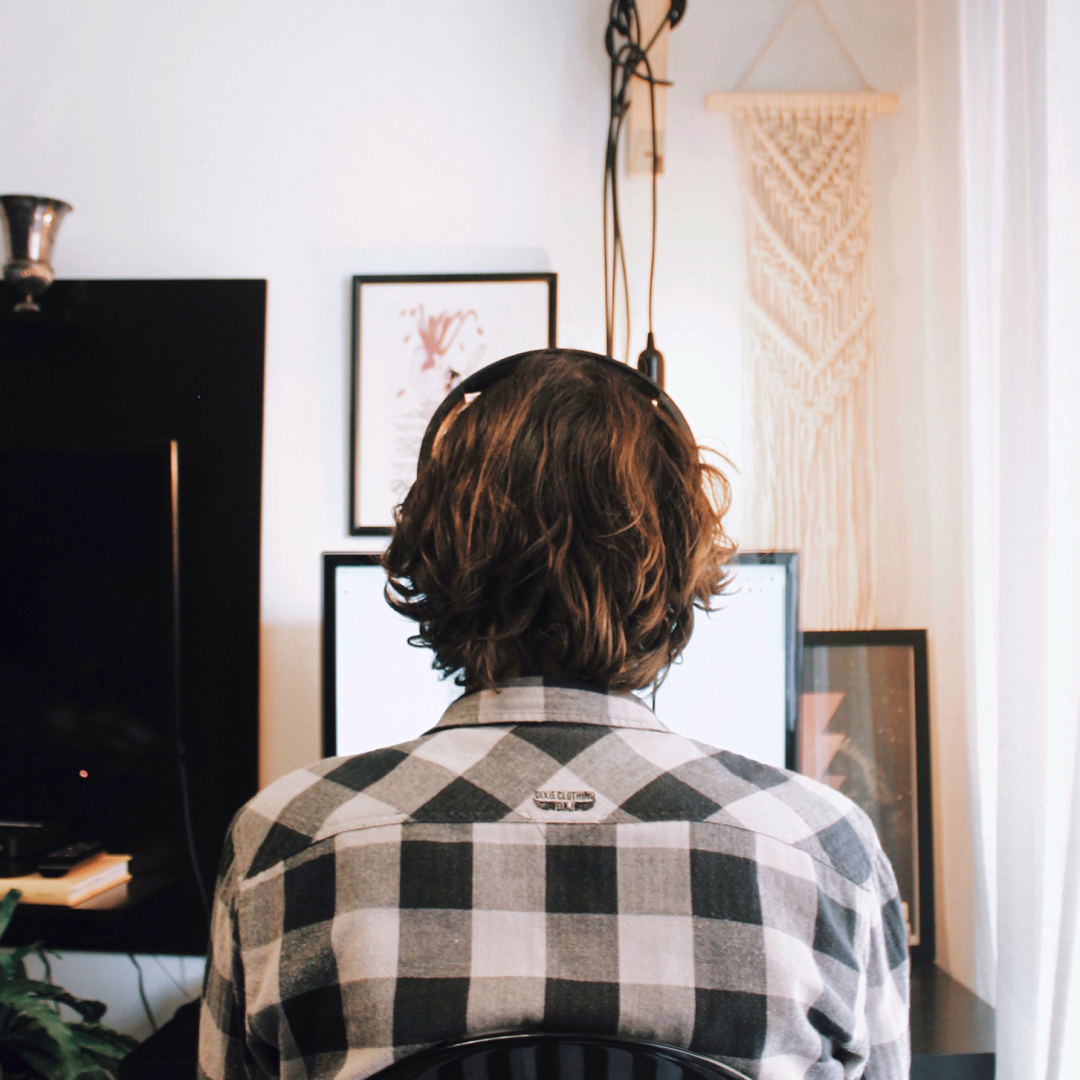Winding Down For The Night

No matter who you are, life is a demanding journey. As such, we are continually looking for ways to improve our energy to make our lives easier. This generally involves reviewing our work-life balance, or focusing on ways to improve our diet or the level of physical exercise we partake in.
 But a lot of people neglect a big part of the energy equation which relates to one’s ability to recuperate at night. Sleep quality is essential and has a huge bearing on your health, and your level of energy available for tomorrow.
But a lot of people neglect a big part of the energy equation which relates to one’s ability to recuperate at night. Sleep quality is essential and has a huge bearing on your health, and your level of energy available for tomorrow.
In addition to this, the sleep quality equation does not start when you hit the mattress, it starts an hour or two prior to ‘hitting the sack’.
Below are some guidelines to be considered for improved sleep and higher levels of energy.
1. Winding Down: At least 1 hour prior to going to bed, actively start the relaxing process. Separate your sleep time, from activities (eg work, exercise) that cause excitement[2], stress or anxiety which can make it more difficult to fall asleep. Your body needs time to shift into sleep mode, so spend the last hour before bed doing a calming activity such as reading, watching a TV show or talking to your partner.
 2. No electronic devices: the type of light radiating from these screens activates the brain[3].
2. No electronic devices: the type of light radiating from these screens activates the brain[3].
3. Lighting to be dimmed.
4. Noise reduced to a low volume.
5. Meditate: Helps with Mindfulness and the clearing of the brain from your thoughts.
6. Light stretching / yoga on the floor[4][5]. Targeting any area that maybe tight, particularly neck, shoulders and lower back.
7. Have a nice, hot shower.
8. Relaxing walk pre or post dinner.
9. Finish dinner at least 1-2 hours before going to bed. And no heavy meals[6].
 10.
10. No snacking of sugary foods in this last one hour Winding Down phase[7].
11. No coffee late in the day. If possible, delete all sources of caffeine altogether[8].
12. Alcohol and cigarettes will often disrupt sleep quality.
13. Sleep schedule: Go to bed and wake up at the same time each night[9]. Same applies for weekends, with some give and take. And if you perceive tiredness earlier than normal, go to bed
14. Bedroom Set Up: The temperature should be cool, so 15-20 degrees Celsius. No noise or light. If your bed partner snores, then ear plugs may help. No TV’s or devices in bedroom.
15. Mattress and Pillow: Only sleep on a premium level mattress fight-or-flight response, and encourages the body to "rest and digest." Heart rate, blood pressure, respiratory rate, core temperature and vaso-dilation return to their normal levels as the body settles into homeostasis, or equilibrium, once more.
The Nervous System and Sleep Quality:
There is a part of our overall nervous system called the Autonomic Nervous System (ANS). The ANS is a control system for our body that works autonomously, without us having to consciously think about it, and regulates a range of bodily functions; such as the heart rate, blood pressure, respiratory rate, core temperature, capillary response, etc.
 The ANS has two parts, the Sympathetic and the Parasympathetic Nervous System, and these two systems work together to maintain this baseline and normal body function.
The ANS has two parts, the Sympathetic and the Parasympathetic Nervous System, and these two systems work together to maintain this baseline and normal body function.
The sympathetic system is associated with the fight-or-flight response. So when facing down a ferocious lion, an oncoming car or maybe just an impending deadline, our bodies trigger a physical stress response that prepares us to either fight or flee the scene. In this case, we have an increase in heart rate, blood pressure, respiratory rate, core temperature and vaso-dilation. the sympathetic nervous system doesn't destress the body back to normal.
Once the danger or stress has passed, the parasympathetic system works to calm the body down. It counters the fight-or-flight response, and encourages the body to "rest and digest." Heart rate, blood pressure, respiratory rate, core temperature and vaso-dilation return to their normal levels as the body settles into homeostasis, or equilibrium, once more.
One of the problems associated with our lifestyles is that we are continuously stimulating our sympathetic nervous system way too much, causing distress to our body. We are classically working too many hours combined with stress and obligation over many years, and we are becoming sick. We are continuously tired and drained, and counteract this with methods such as coffee and sugary foods, or listening to loud music[1] just to counter the adrenal fatigue. Habits such as these that stimulate the sympathetic nervous system are why many of us can’t sleep effectively, and therefore have problems with energy.
&\ As such, to directly combat the adversity of the sympathetic system, we need to pro-actively stimulate our parasympathetic system using methods such as those that are listed above. If we understand our problem, from the point of view of the nervous system, then we can control the impact our lives have on our body. Your energy levels are sure to increase with better sleep.
As such, to directly combat the adversity of the sympathetic system, we need to pro-actively stimulate our parasympathetic system using methods such as those that are listed above. If we understand our problem, from the point of view of the nervous system, then we can control the impact our lives have on our body. Your energy levels are sure to increase with better sleep.
Good luck and happy sleeping.
[1] https://pubmed.ncbi.nlm.nih.gov/23582682/
[1] https://www.nhs.uk/live-well/sleep-and-tiredness/...
[2]https://pubmed.ncbi.nlm.nih.gov/25104243/
[3] https://health.clevelandclinic.org/put-the-phone-...
[4]https://pubmed.ncbi.nlm.nih.gov/24755569
[5] https://pubmed.ncbi.nlm.nih.gov/22529834/
[6] https://pubmed.ncbi.nlm.nih.gov/27633109/
[7]https://www.healthline.com/nutrition/eating-before...
[8]https://pubmed.ncbi.nlm.nih.gov/14592218/
[9] https://pubmed.ncbi.nlm.nih.gov/23899598/




